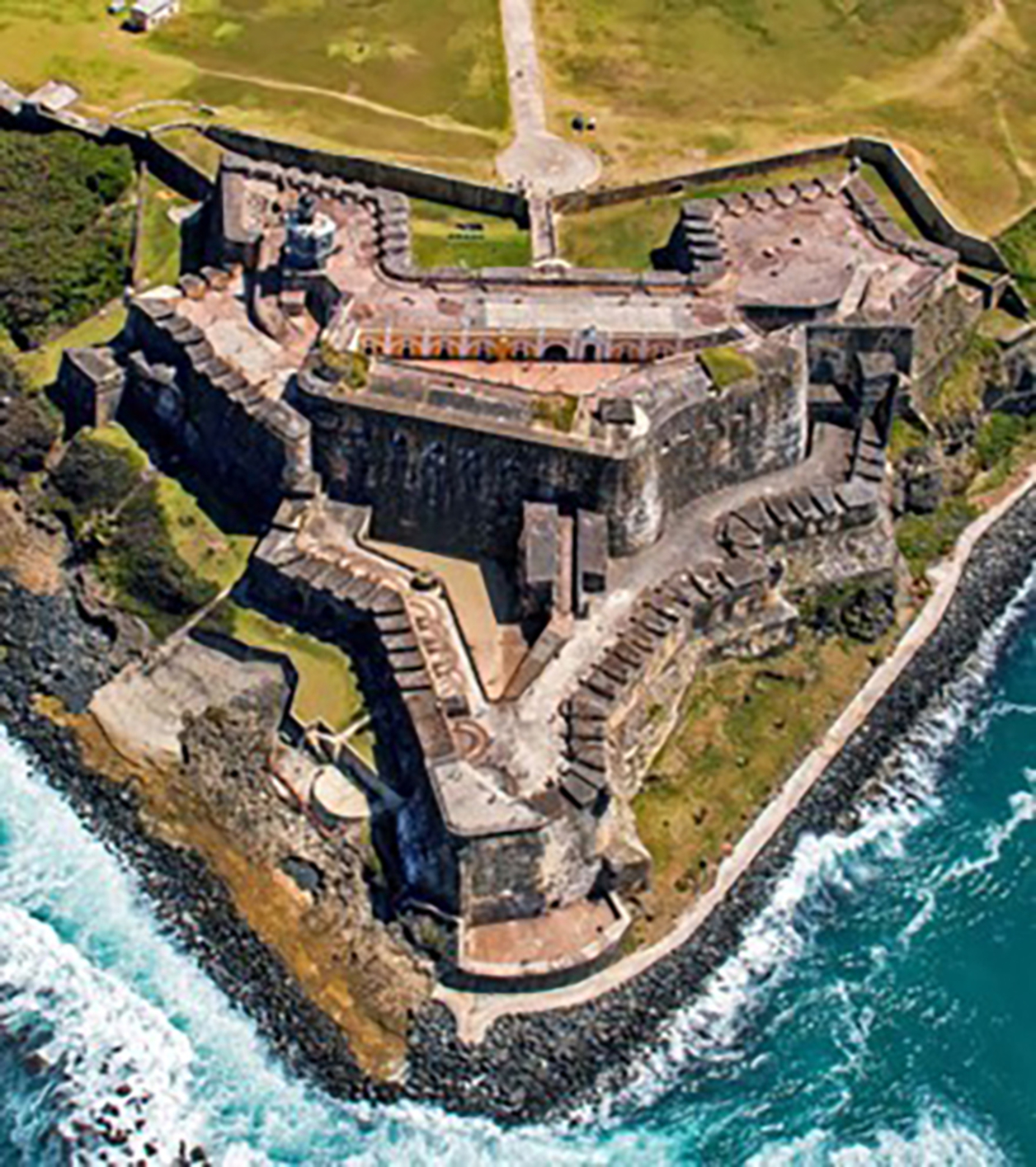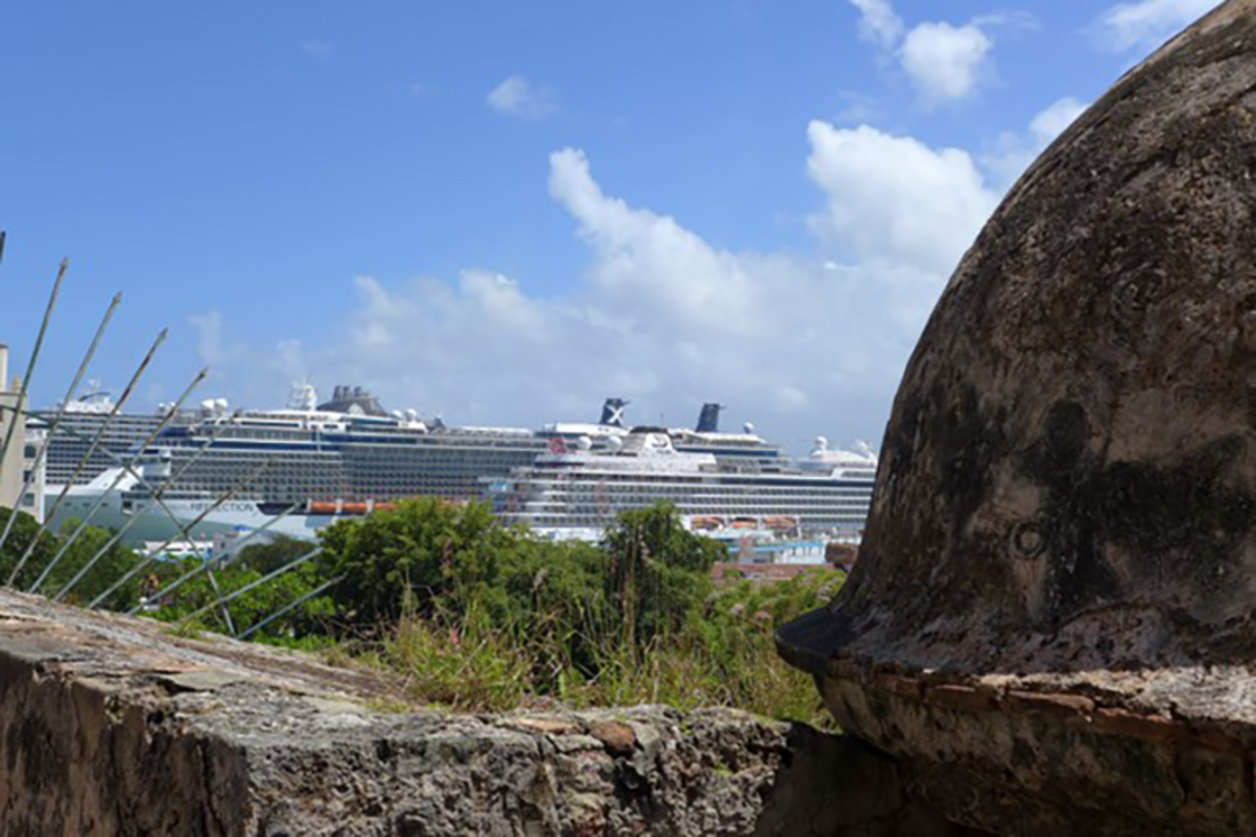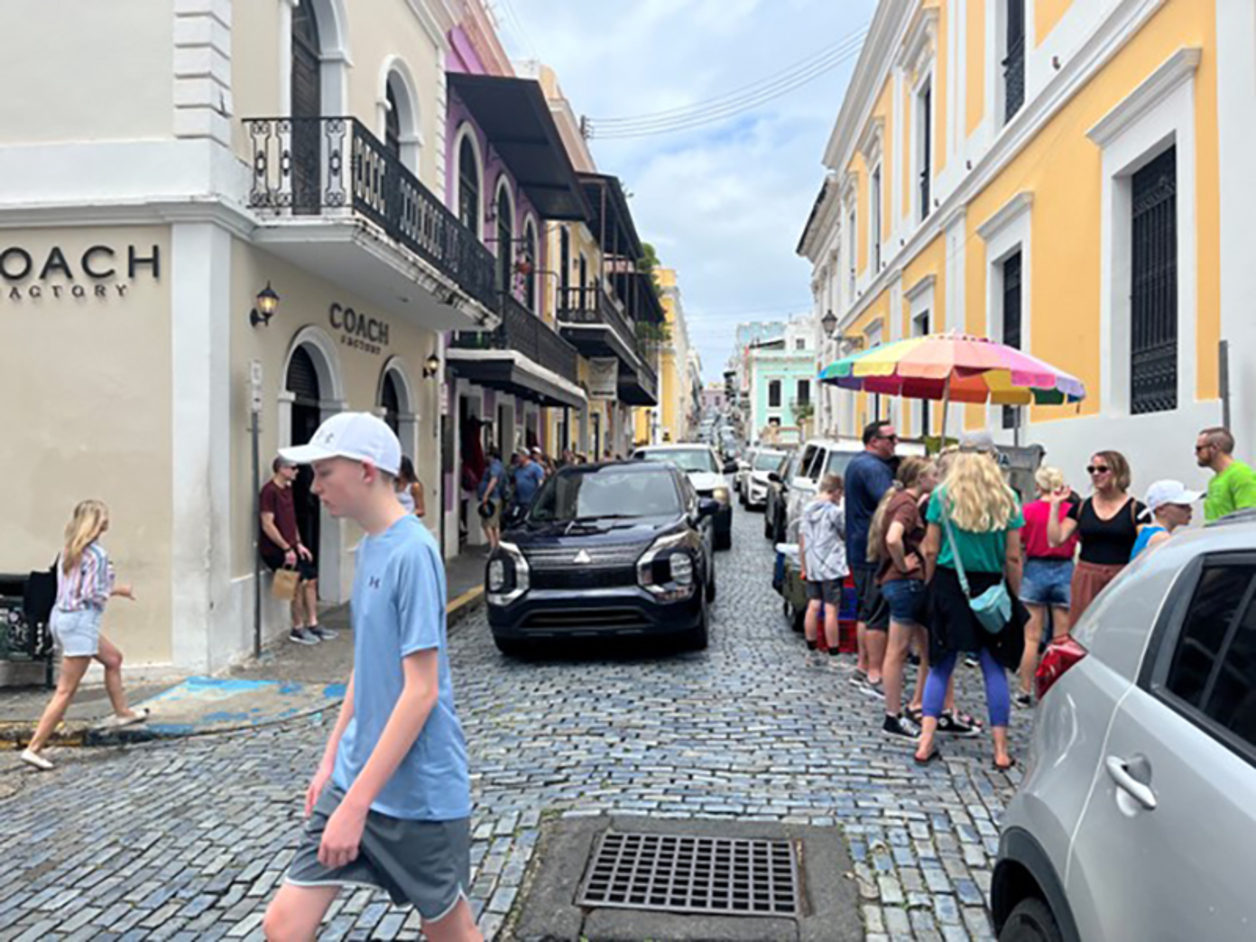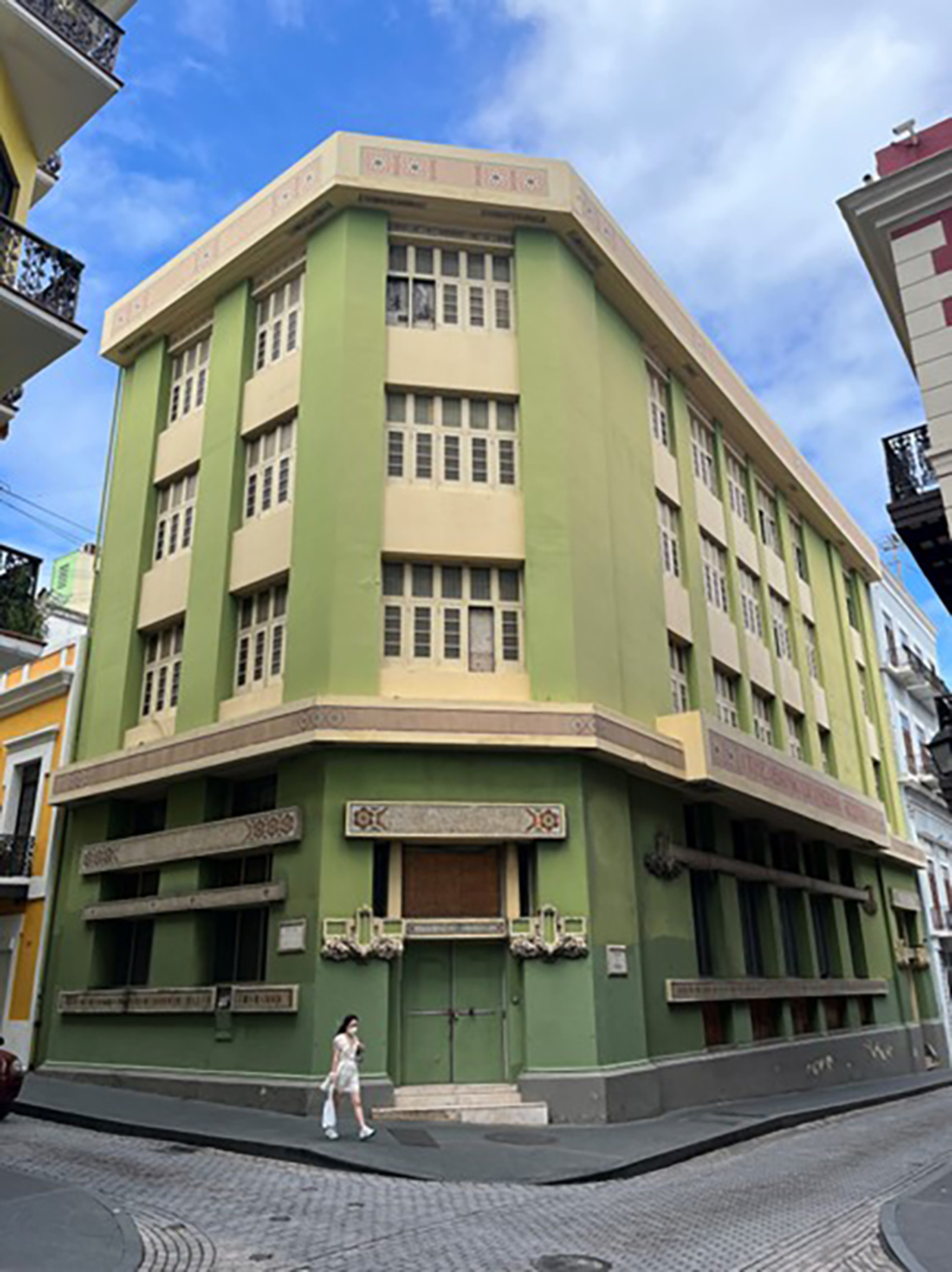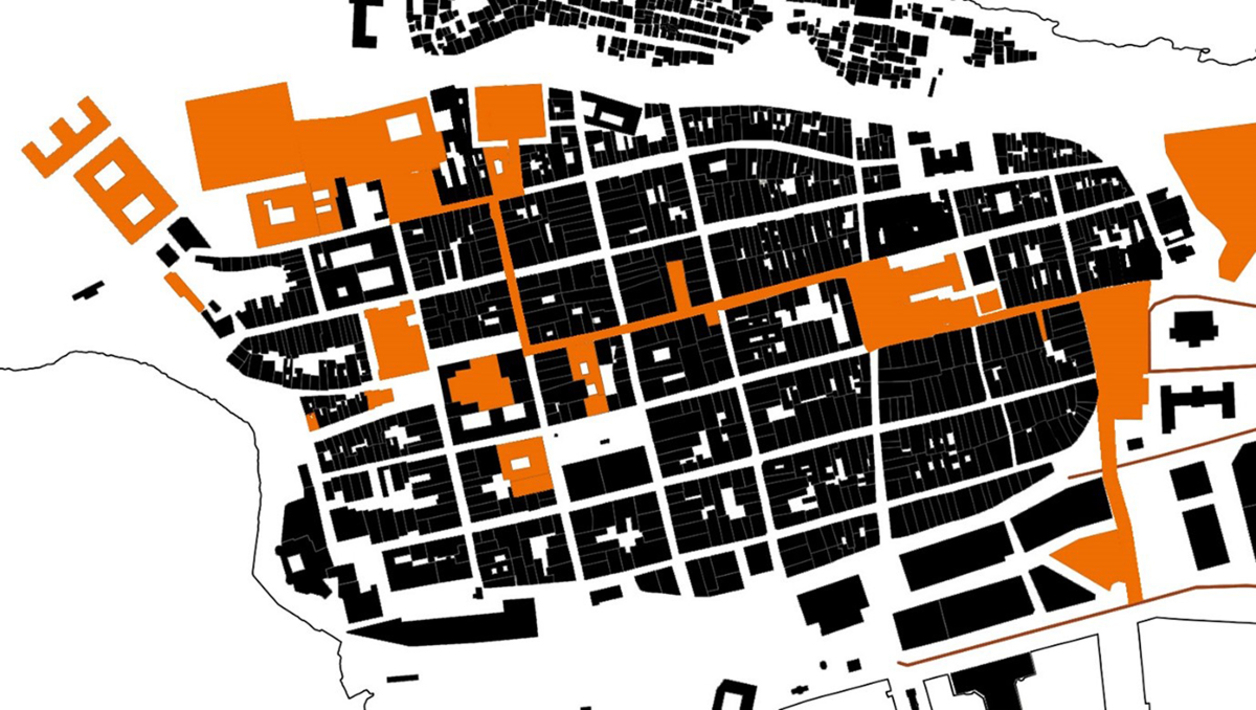HSPV 703 - Urban Regeneration in the Americas
This course is designed to allow graduate students to individually and collectively explore emerging issues confronted by conservationist, urban planners, landscape architects and architects in turning the urban heritage into a social and economic development resource. The course studies the most recent academic literature, analyses cases, promote seminar discussions and conduct practical field work, to explore key related to the integration of the urban heritage to the social and economic development process of communities. Lectures covered issues pertaining the conservation of urban heritage for contemporary uses and the regeneration of heritage areas to promote their revitalization (in cases of abandonment) or to balance uses with their carrying capacity (when overused). Seminar topics covered cutting-edge issues, including: the role of tourism in heritage areas, the use of public spaces, expanding capacity to control and implement adaptive rehabilitation, the role of cultural industries in rehabilitation, the vulnerability of homeless populations, the opportunities afforded by the areas surrounding urban heritage sites.
Field work was conducted in Old San Juan, Puerto Rico, an urban heritage site experiencing the development pressures of over tourism. Students worked with conservation practitioners, government officers, academics, and residents. Activities covered several related topics including - Tourism as an Economic and Community Development Strategy from National, Regional, and Local Scales; Balancing Colonial Nostalgia and Change: Preservation Challenges in Old San Juan; Cultural Corridor: Bridging Old San Juan Cultures with People; Listening to the City’s Needs: The Role of Sound in Planning for Public Open Spaces in Old San Juan; Urban Revitalization through Underutilized Peripheral Land; The Invisible and Pervasive Vulnerability and Insecurity Issues in Old San Juan


